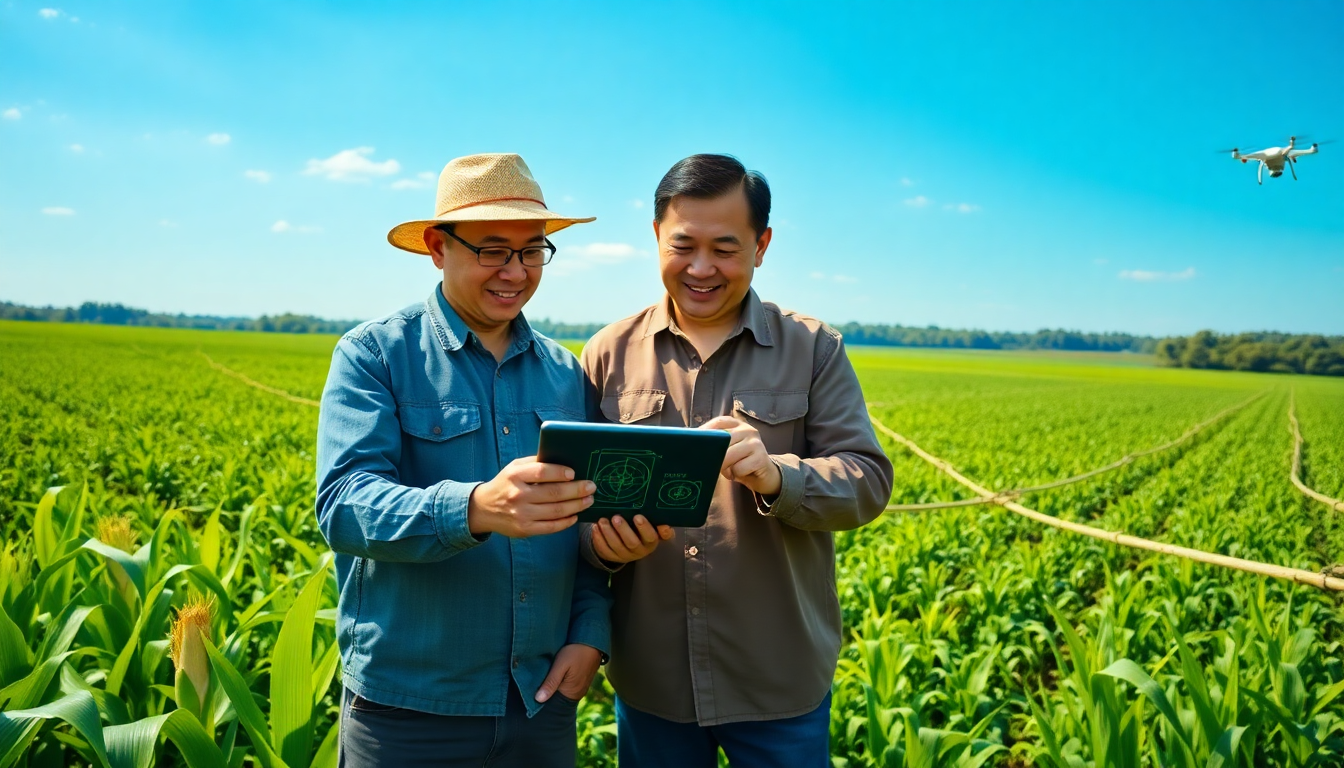Table of Contents
In a bold move that emphasizes the power of teamwork on a global scale, Brazilian President Luiz Inácio Lula da Silva and Chinese Premier Li Qiang are stepping up their game to revolutionize agriculture with the help of artificial intelligence. This exciting partnership was announced during the recent BRICS summit in Rio de Janeiro, and it’s not just about making farming more efficient—it’s also a call for sustainable forest management around the globe.
Building Stronger Ties
The conversations between Lula and Li showcased a “fantastic moment” in the relationship between Brazil and China, highlighting their commitment to working together on international issues. They both recognized the urgency of tackling global challenges like climate change and food security. By focusing on the role of BRICS in fostering a robust multilateral trade system and climate action, this partnership reinforces their dedication to shared goals.
The idea for a dedicated research center first came to life during a meeting in Brasília. This center will dive into how AI technologies can be applied to agriculture, especially in the semi-arid regions where the environment can be tough. By pooling scientific expertise from both countries, they aim to spark innovations that lead to sustainable farming practices.
Revolutionizing Agriculture with AI
One of the center’s exciting first projects is launching an AI lab focused on supporting family farming initiatives. This collaboration between Brazil’s National Semi-arid Institute (Insa) and China Agricultural University marks a significant stride towards integrating cutting-edge technologies into traditional farming. The goal? To create AI solutions that optimize machinery use on smaller farms, boosting environmental monitoring and improving soil quality.
Insa Director José Etham Barbosa believes this joint effort will make a real difference in the Sertão region of northeastern Brazil, where around 22 million people live. Known for its rich biodiversity but tough climate, this area is perfectly placed to benefit from tech advancements that could enhance agricultural resilience and sustainability.
Impact on the Environment and Communities
The Sertão region, which covers about 11% of Brazil, is grappling with serious environmental issues like extreme heat and drought. By harnessing AI to refine agricultural practices, this collaboration hopes to boost crop yields while promoting sustainable land use. Lula emphasized that this initiative is not just crucial for local farmers but also vital for the wider mission of conserving forests globally, urging for worldwide participation in such efforts.
As Brazil and China embark on this innovative journey, their partnership serves as a prime example of how countries can work together to solve environmental problems while driving economic growth through advanced technology. The ripple effects of this initiative extend beyond agriculture, showcasing a commitment to sustainable development that could inspire similar partnerships across the globe.


